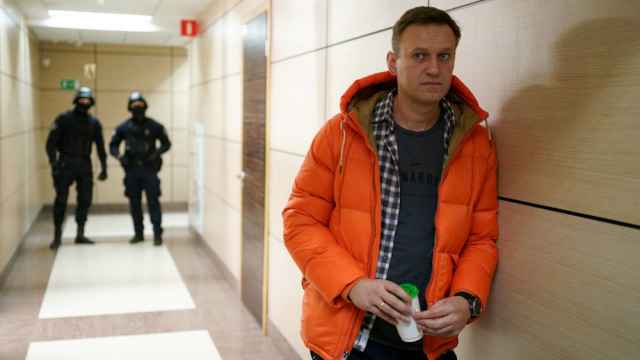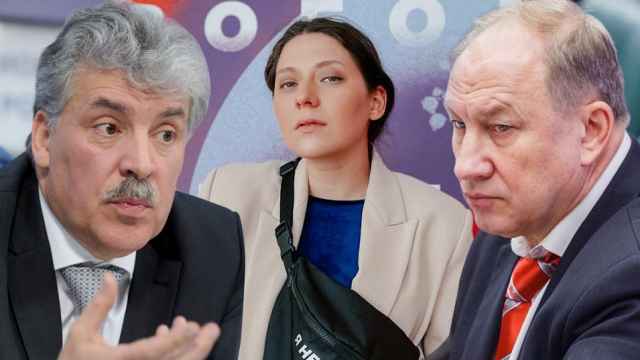Jailed Kremlin critic Alexei Navalny said Tuesday he has been placed in solitary confinement, just weeks after he was transferred to a high-security prison colony in Russia’s Arctic.
Navalny's lawyers found him last month in a “special regime” colony located in the Yamal-Nenets autonomous district village of Kharp after he disappeared from public view for three weeks.
In his first letter since reappearing, the jailed activist said he had undergone an arduous 20-day transfer from a prison in central Russia.
“As soon as I was released from quarantine [I was given] seven days in SHIZO (Russian for punishment cell),” Navalny wrote on X (formerly Twitter).
Prison authorities cited Navalny’s refusal to follow protocol, respond to educational work and “draw proper conclusions for himself” as justifications for placing him in solitary confinement, he added.
“The idea that [President Vladimir] Putin is satisfied by putting me in a barracks in the Far North and I’d no longer be tortured with SHIZO was not only faint-hearted but naive,” Navalny wrote.
The 47-year-old anti-corruption campaigner is serving a 19-year prison sentence on extremism charges that he and his supporters decry as politically motivated.
This is Navalny’s 24th placement in solitary confinement since he was arrested in January 2021 upon returning to Russia, according to the independent news website The Insider.
Navalny has spent a total of 273 days in a punishment cell, according to the outlet.
Before his transfer, Navalny urged his supporters to vote against Putin in the 2024 presidential election and persuade other Russians to cast ballots for any other candidate.
A Message from The Moscow Times:
Dear readers,
We are facing unprecedented challenges. Russia's Prosecutor General's Office has designated The Moscow Times as an "undesirable" organization, criminalizing our work and putting our staff at risk of prosecution. This follows our earlier unjust labeling as a "foreign agent."
These actions are direct attempts to silence independent journalism in Russia. The authorities claim our work "discredits the decisions of the Russian leadership." We see things differently: we strive to provide accurate, unbiased reporting on Russia.
We, the journalists of The Moscow Times, refuse to be silenced. But to continue our work, we need your help.
Your support, no matter how small, makes a world of difference. If you can, please support us monthly starting from just $2. It's quick to set up, and every contribution makes a significant impact.
By supporting The Moscow Times, you're defending open, independent journalism in the face of repression. Thank you for standing with us.
Remind me later.






